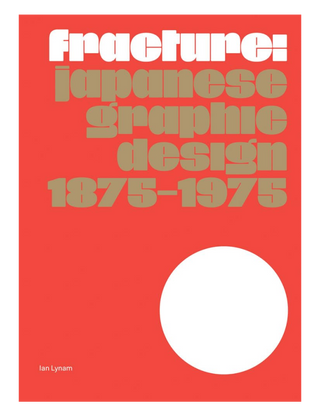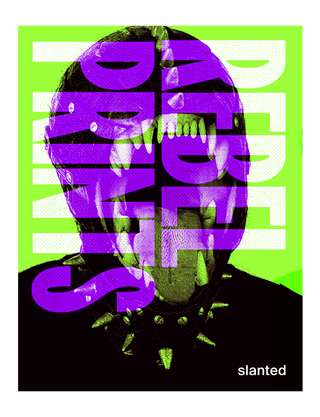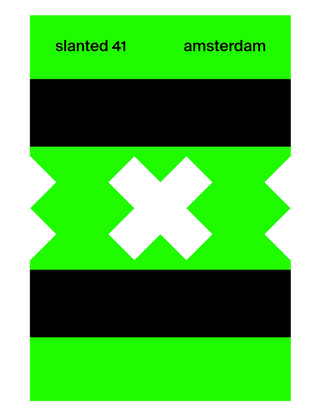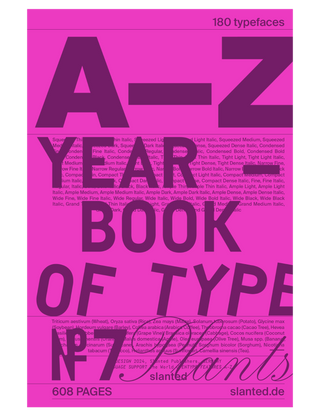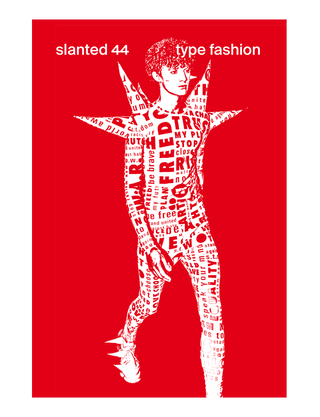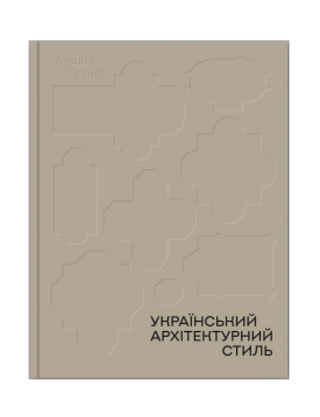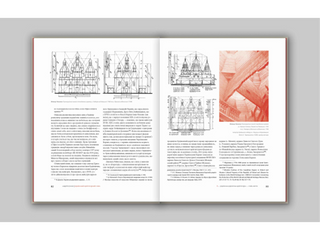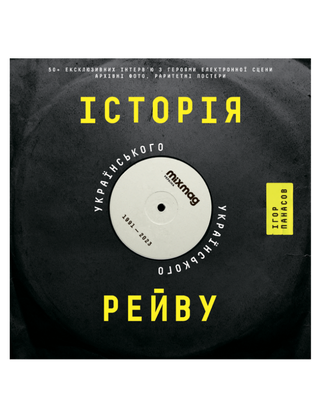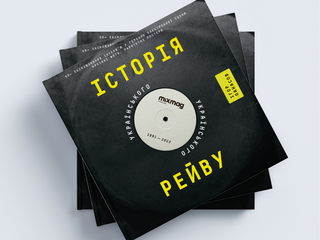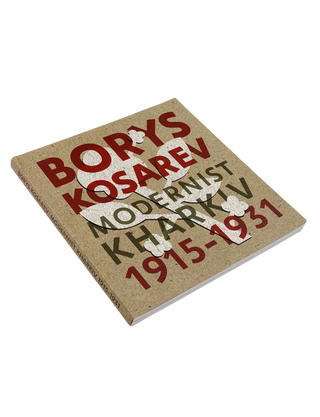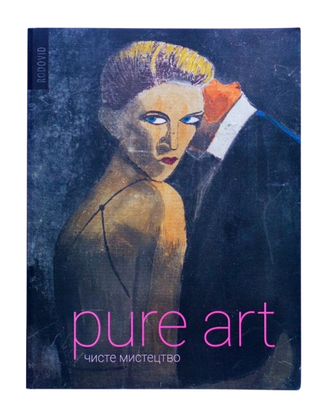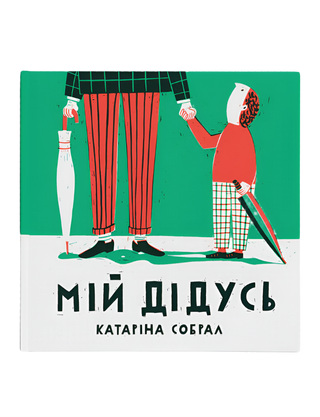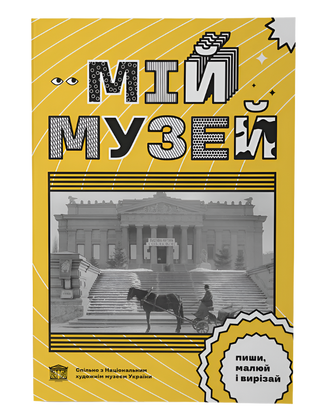Design policy | Ruben Pater
- Unit price
- / per
Design policy | Ruben Pater
- Unit price
- / per
Cover: Paperback
Number of pages: 192
Language: Ukrainian
Published: 2021
Dimensions: 23.5 x 16.5
The book "The Politics of Design" is a research work that questions the traditional understanding of design as a purely aesthetic or functional activity, proposing to look at it through the prism of politics and social processes. The author analyzes how design decisions can influence society, shape cultural and political perceptions, and be an instrument for change.
Main ideas and themes of the book
- Design as a Political Act: Ruben Pater sees design not only as a means of creating attractive products or interfaces, but also as a powerful tool that can influence social justice, power, and public opinion. He emphasizes that every design decision carries a political charge that can both support existing hierarchies and contribute to their transformation.
- Ethical and Social Responsibility of Designers: The author calls on designers to consciously approach their profession, taking into account the impact of their work on society. The book stimulates reflection on how design can solve social problems, promote equality, and stimulate positive change in public space.
- The relationship between design and power: The work explores how elements of design can be used as a means of control or, conversely, resistance to existing power structures. Examples from various fields, from architecture to digital technology, are examined, demonstrating how design shapes our relationships with space and information.
- A critical approach to traditional models: The book encourages a rethinking of generally accepted norms and standards in the field of design. The author advocates the implementation of innovative approaches that take into account both aesthetic and socio-political aspects, thereby creating a more harmonious and inclusive environment.
Who is the book for?
- Designers and creative professionals. Practitioners who wish to expand their understanding of the role of design in modern society and integrate ethical and political considerations into their work
- Students and faculty. An academic community interested in the interaction between culture, society, and technology, as well as research into the impact of design decisions on political processes.
- Broad Audience: Readers who seek to understand how familiar objects and interfaces can reflect and influence social structures and political processes in the modern world.
Ruben Pater's The Politics of Design offers a profound analysis of how design is becoming an integral part of political and social change. This research stimulates critical thinking and considers design as a tool that can not only reflect, but also shape the world around us. This approach helps to rethink the responsibility of designers and opens new perspectives for integrating ethical and social values into creative processes.
This book is a relevant resource for those who want to see beyond superficial aesthetic decisions to deeper mechanisms of influence on society and understand how design can become a driving force for positive change.
Adding product to your cart
You may also like
Про тиранію. Двадцять уроків ХХ століття Timothy Snyder
₴400.00
- Unit price
- ₴1.67 / per item
₴400.00
- Unit price
- ₴1.67 / per item
Політика для початківців. Частина ІІ
₴750.00
- Unit price
- / per
₴750.00
- Unit price
- / per
Lexicon of Nature
₴950.00
- Unit price
- / per
₴950.00
- Unit price
- / per
Український архітектурний стиль. Візії, модуси, століття Андрій Пучков
₴1,280.00
- Unit price
- / per
₴1,280.00
- Unit price
- / per
Криваві землі. Європа між Гітлером і Сталіним Timothy Snyder
₴800.00
- Unit price
- / per
₴800.00
- Unit price
- / per
History of Ukrainian rave Igor Panasov
₴900.00
- Unit price
- / per
₴900.00
- Unit price
- / per
BORIS KOSAREV: Kharkiv Modernism Myroslava Mudrak, Valentina Chechik, Tatyana Pavlova
₴950.00
- Unit price
- / per
₴950.00
- Unit price
- / per
KATERYNA BILOKUR. Painting and prose
₴450.00
- Unit price
- / per
₴450.00
- Unit price
- / per
MOVING LANDSCAPE. Art of Ukraine between revolution and war PAYSAGES INSTABLES. Des artistes ukrainiens entre révolution et guerre Natalia Chermalykh, Pierre-Laurent Boullais
₴900.00
- Unit price
- / per
₴900.00
- Unit price
- / per
Pure Art Lydia Lykhach, Petro Honchar
₴1,200.00
- Unit price
- / per
₴1,200.00
- Unit price
- / per
The Cursed Molfar Oleksandr Goshylyk
₴599.00
- Unit price
- / per
₴599.00
- Unit price
- / per
Comic "Black Wedge" Mykola Kravchenko
₴699.00
- Unit price
- / per
₴699.00
- Unit price
- / per
Dogs that tame humans Olena Maksymenko
₴450.00
- Unit price
- / per
₴450.00
- Unit price
- / per
Forest song Lesya Ukrainka
₴640.00
- Unit price
- / per
₴640.00
- Unit price
- / per
The Kaidashev family Ivan Nechuy-Levytskyi
₴720.00
- Unit price
- / per
₴720.00
- Unit price
- / per
City Valerian Podmohylyny
₴740.00
- Unit price
- / per
₴740.00
- Unit price
- / per
Kateryna Taras Shevchenko
₴950.00
- Unit price
- / per
₴950.00
- Unit price
- / per
The first wreath Halyna Kotlyuk
₴690.00
- Unit price
- / per
₴690.00
- Unit price
- / per
What is he silent about? Iryna Lisova
₴365.00
- Unit price
- / per
₴365.00
- Unit price
- / per
Balance Volodymyr Vynnychenko
₴340.00
- Unit price
- / per
₴340.00
- Unit price
- / per
Reactors Don't Explode. A Brief History of the Chernobyl Disaster Kateryna Mikhalitsina, Stanislav Dvornytskyi
₴550.00
- Unit price
- / per
₴550.00
- Unit price
- / per
Dogs that tame humans Olena Maksymenko
₴450.00
- Unit price
- / per
₴450.00
- Unit price
- / per
Isms in the world of ideologies, philosophies and religions Valentina Merzhyevska
₴360.00
- Unit price
- / per
₴360.00
- Unit price
- / per
Bizarre Kyiv. Legends, scares and interesting facts Tetyana Stryzhevska
₴395.00
- Unit price
- / per
₴395.00
- Unit price
- / per
The power of steam. The history of steam engines Petro Yatsenko
₴395.00
- Unit price
- / per
₴395.00
- Unit price
- / per
My grandfather Catarina Sobral
₴130.00
- Unit price
- / per
₴130.00
- Unit price
- / per
My Museum Anna Kopylova
₴130.00
- Unit price
- / per
₴130.00
- Unit price
- / per
Paddington Picture Books: Best-Loved Paddington Stories Robert W. Alley, Michael Bond
₴602.00
- Unit price
- / per
₴602.00
- Unit price
- / per
Paddington Picture Books: Favorite Paddington Stories Robert W. Alley, Michael Bond
₴602.00
- Unit price
- / per
₴602.00
- Unit price
- / per
Robin Hood. Ivanhoe Charles Wilson, John McSpadden, Walter Scott
₴440.00
- Unit price
- / per
₴440.00
- Unit price
- / per
By completing this form, you are signing up to receive our emails and you can unsubscribe at any time.




